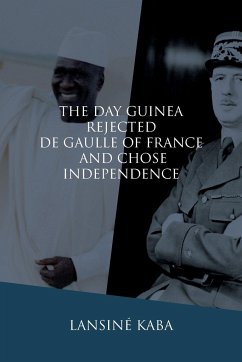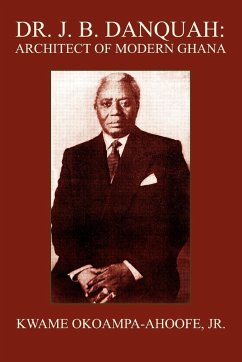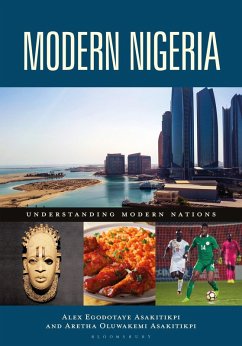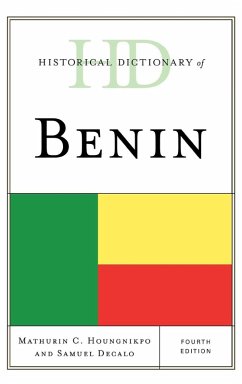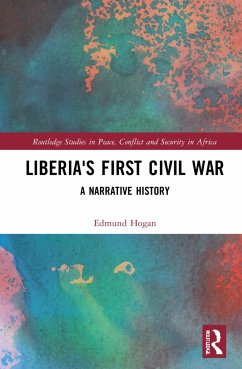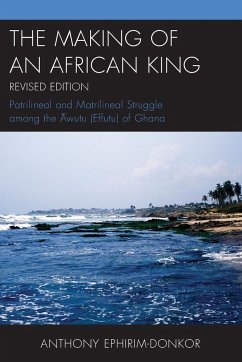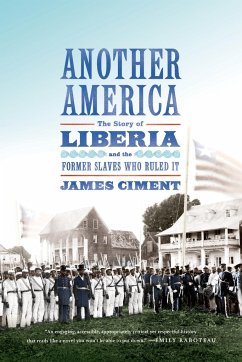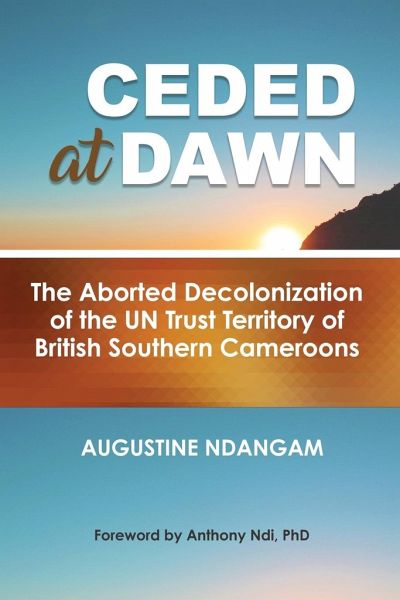
Ceded at Dawn
The Aborted Decolonization of the UN Trust Territory of British Southern Cameroons
Versandkostenfrei!
Versandfertig in 1-2 Wochen
27,99 €
inkl. MwSt.

PAYBACK Punkte
14 °P sammeln!
Ceded at Dawn identifies and examines decolonization as the principal source of the smoldering tension that persisted between the two former United Nations Trust Territories in Cameroon which finally exploded into an armed conflict in 2017. French Cameroon (now the Republic of Cameroon) was decolonized while the decolonization of British Cameroons was abandoned unfinished. The international experiment on independence by joining was an exceptional route selected for the decolonization of British Southern Cameroons and was defended with the untenable arguments that British Southern Cameroons was...
Ceded at Dawn identifies and examines decolonization as the principal source of the smoldering tension that persisted between the two former United Nations Trust Territories in Cameroon which finally exploded into an armed conflict in 2017. French Cameroon (now the Republic of Cameroon) was decolonized while the decolonization of British Cameroons was abandoned unfinished. The international experiment on independence by joining was an exceptional route selected for the decolonization of British Southern Cameroons and was defended with the untenable arguments that British Southern Cameroons was too small and too poor to be granted sovereign independence. Both British Southern Cameroons and French Cameroon rejected independence by joining - the latter registering her objection in a "No" vote at the General Assembly meeting in April 1961. In British Southern Cameroons on the other hand, the suppression of bilateral agreement on confederation of states of equal status, the nullification of their self-governing status and worst of all the wrongful transfer of that self-governing state to the Republic of Cameroon on no known terms became a complete recipe for a disaster awaiting outburst and eruption. Ceded at Dawn documents and methodically analyzes these developments using archival and recently declassified British colonial sources. Historians, diplomats, political scientists, scholars of the UN system and international law as well experts on decolonization will find this volume it very illuminating.





